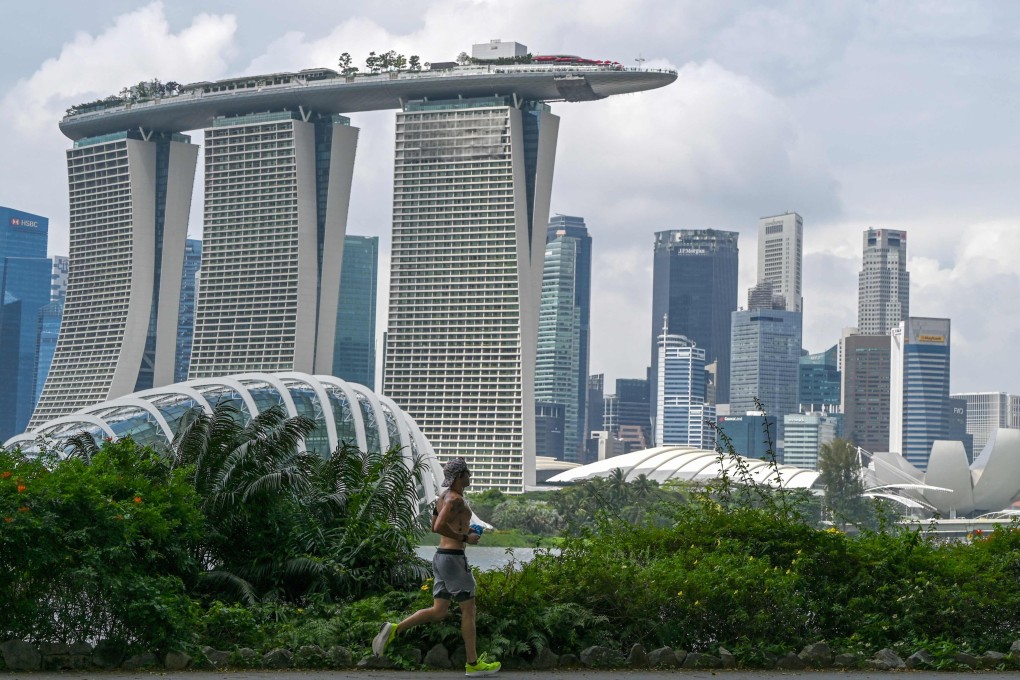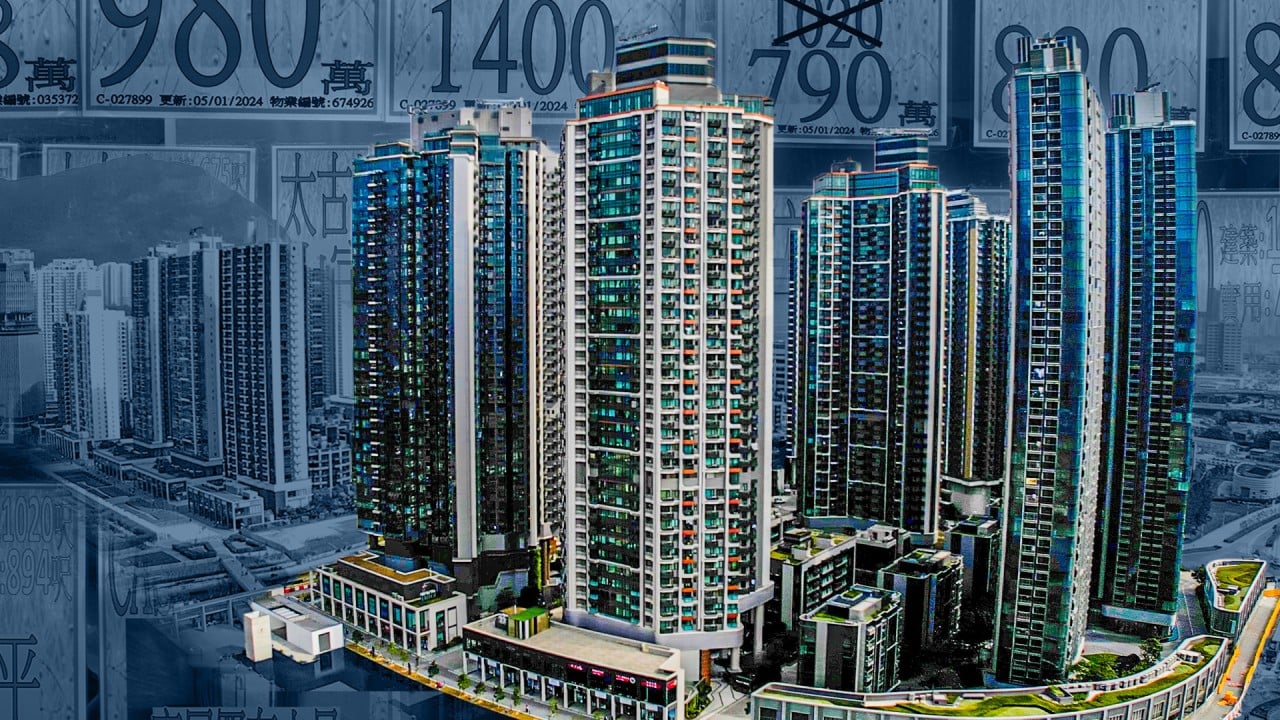Singapore pips Hong Kong as world’s most expensive city to live ‘extremely well’
- Hong Kong climbs one place to rank second in the world in Swiss bank Julius Baer’s study of the cost of living for high-net-worth individuals

Increased spending by Hong Kong’s wealthy residents pushed the city one notch higher in terms of the “cost of living extremely well”, making it the world’s second-most expensive metropolis, according to a Julius Baer report on Tuesday.
Singapore retained the title, with London and Shanghai in third and fourth place, respectively. Monaco rounded out the top five. Shanghai dropped two spots from last year while London climbed one place.
The Swiss bank’s fourth annual global wealth and lifestyle report compared the cost of a basket of goods and services in 25 cities from November 2023 to March 2024, analysing the consumption patterns of high-net-worth individuals (HNWIs) – those with at least US$1 million of investible assets.
“As the mainland China and Hong Kong economies have gradually recovered from the Covid-19 pandemic, demand for luxury goods and services has increased, pushing prices up,” said Kenny Ng Lai-yin, a strategist at Everbright Securities International.
The study found the “cost of living extremely well” globally, which includes cars, property, whisky, fine dining and jewellery, has increased by 4 per cent in US dollar terms this year, slower than the 6 per cent surge seen in 2023.
Each city had its own unique proposition that made it expensive. In Singapore, it was buying a car, while in Hong Kong it was legal services, and fine dining in Shanghai.
